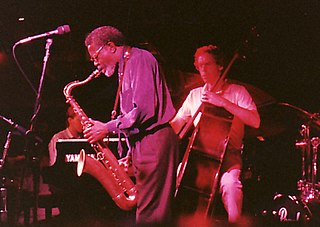
Poppin' is an album by jazz saxophonist Hank Mobley first released on Blue Note Japan in 1980 as GXF 3066. It was recorded on October 20, 1957 and features Mobley, Art Farmer, Pepper Adams, Sonny Clark, Paul Chambers and Philly Joe Jones.

Lush Life is an album by jazz saxophonist Lou Donaldson recorded for the Blue Note label in 1967 and featuring Donaldson with Freddie Hubbard, Garnett Brown, Jerry Dodgion, Wayne Shorter, Pepper Adams, McCoy Tyner, Ron Carter, and Al Harewood performing arrangements by Duke Pearson. Due to the success of Donaldson's Alligator Bogaloo (1967) the album was not released until 1980 in Japan under the title Sweet Slumber and then finally released decades later internationally.

Straight Ahead is an album by jazz saxophonist Stanley Turrentine, his first recording for the Blue Note label since Another Story in 1969, featuring four performances by Turrentine with Jimmy Smith, George Benson, Ron Carter and Jimmy Madison, and two tracks with Les McCann, Jimmy Ponder, Peter Brown, and Gerrick King.

Sugar is an album by jazz saxophonist Stanley Turrentine, his first recorded for the CTI Records label following his long association with Blue Note, featuring performances by Turrentine with Freddie Hubbard, George Benson, Ron Carter, and Billy Kaye with Lonnie Liston Smith added on the title track and Butch Cornell and Richard "Pablo" Landrum on the other two tracks on the original release. The CD rerelease added a live version of the title track recorded at the Hollywood Palladium in 1971.

On the Spur of the Moment is an album by American jazz pianist Horace Parlan featuring performances recorded and released on the Blue Note label in 1961.
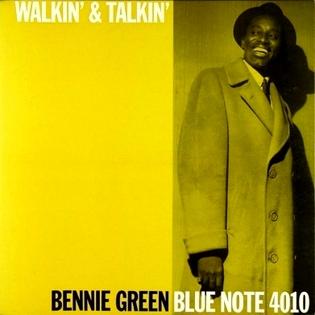
Walkin' & Talkin' is an album by American trombonist Bennie Green recorded in 1959 and released on the Blue Note label. It was issued on CD only in Japan, in 2004.
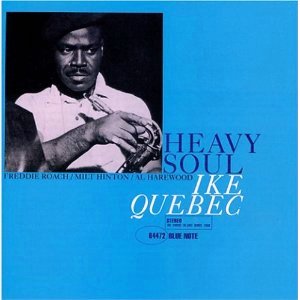
Heavy Soul is the debut album by American saxophonist Ike Quebec, recorded in 1961 and released on the Blue Note label.

It Might as Well Be Spring is an album by American saxophonist Ike Quebec recorded in 1961 and released on the Blue Note label.
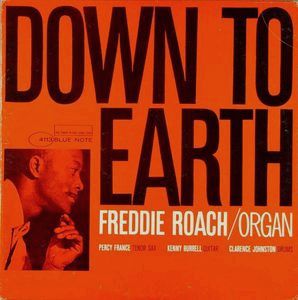
Down to Earth is the debut album by American organist Freddie Roach recorded in 1962 and released on the Blue Note label.

Mo' Greens Please is the second album by American organist Freddie Roach recorded in 1963 and released on the Blue Note label. It was reissued on CD only in Japan, as a limited edition.

Good Move! is the third album by American organist Freddie Roach recorded in 1963 and released on the Blue Note label.
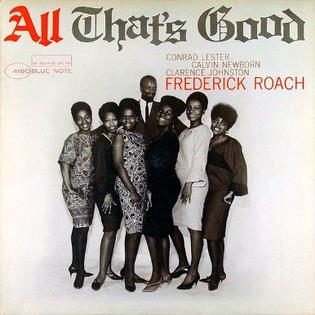
All That's Good is the fifth album by American organist Freddie Roach recorded in 1964 and released on the Blue Note label. It was reissued on CD only in Japan, as a limited edition.

Doin' Allright is an album by American jazz saxophonist Dexter Gordon recorded in 1961 and released on the Blue Note label.

Oh Baby! is an album by American organist Big John Patton recorded in 1965 and released on the Blue Note label.

Understanding is an album by American organist John Patton recorded in 1968 and released on the Blue Note label.

Contours is the second album by American saxophonist Sam Rivers recorded in 1965 and released on the Blue Note label. The CD reissue contains an alternate take as a bonus track.

Easterly Winds is an album by American jazz pianist Jack Wilson featuring performances recorded and released on the Blue Note label in 1967.

Open House is an album by American jazz organist Jimmy Smith featuring performances recorded in 1960, but not released on the Blue Note label until 1968. The album didn't appear on CD until being reissued in 1992, as a twofer which also included Plain Talk, compiling all the recordings from the session.
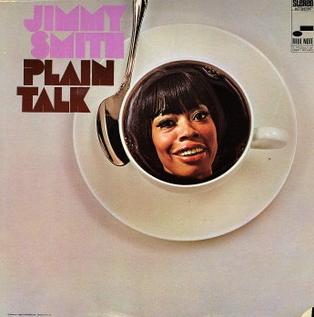
Plain Talk is a studio album by American jazz organist Jimmy Smith featuring performances recorded in 1960 but not released on the Blue Note label until 1968. The album was rereleased on CD combined with Open House (1960) in 1992 compiling all the recordings from the session.


